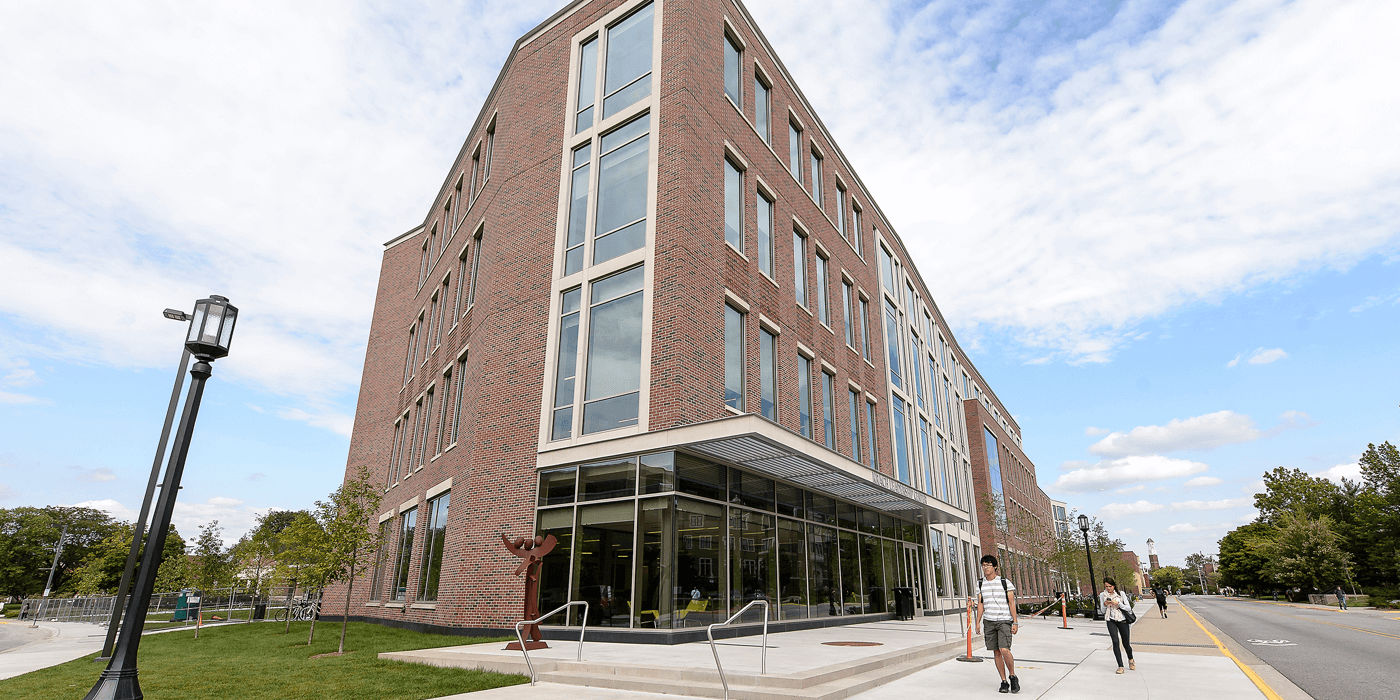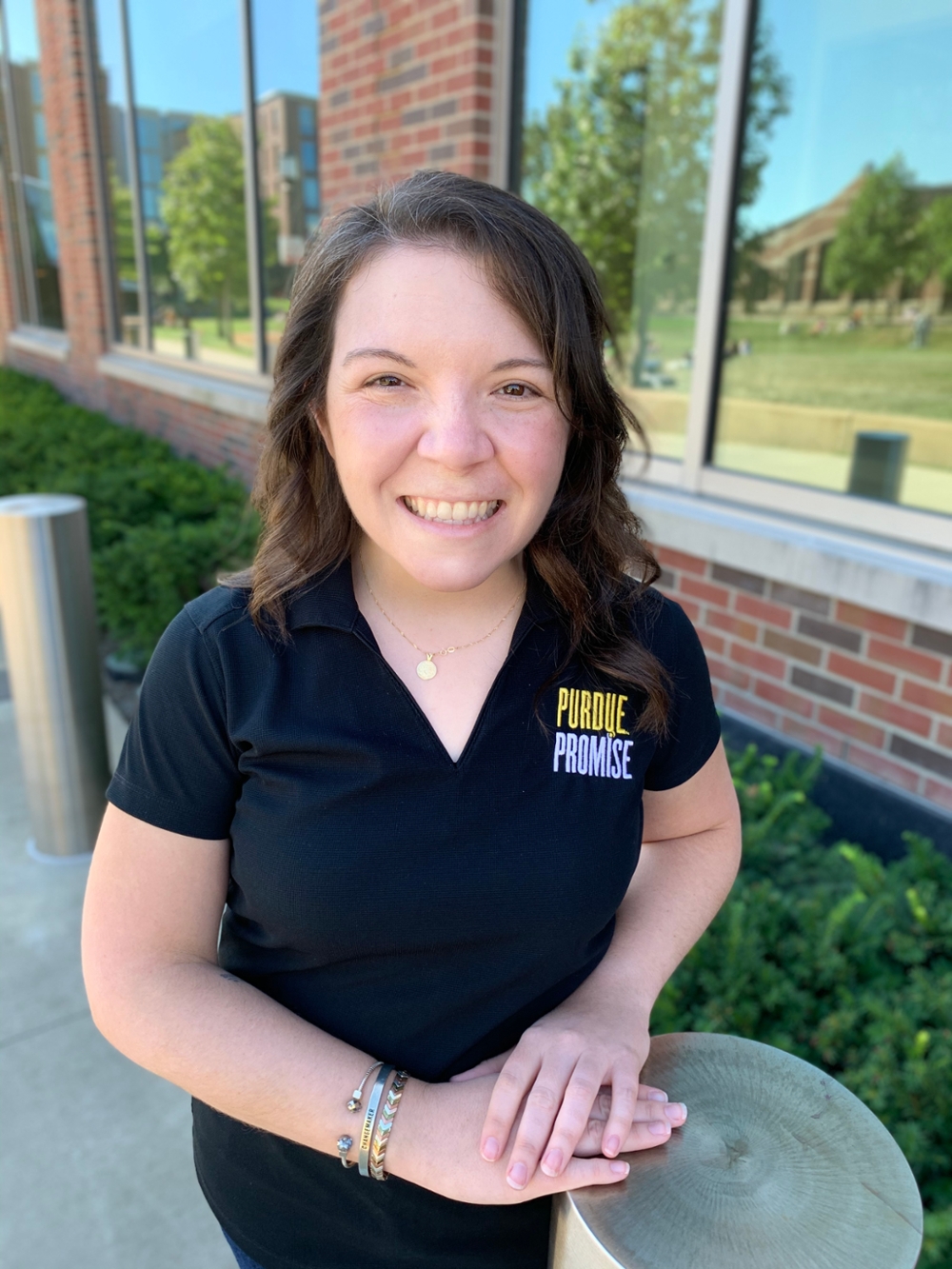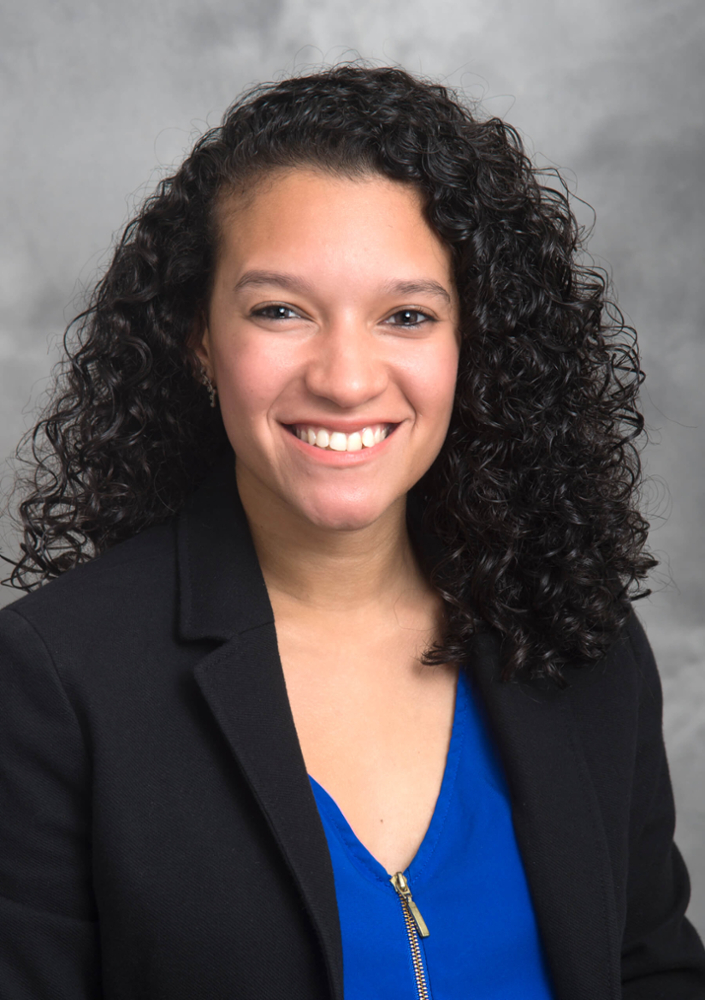
Student Success staff build intercultural competence through Intercultural Development Inventory (IDI) training
Last updated: March 31st, 2022
The Center for Intercultural Learning, Mentorship, Assessment and Research (CILMAR) at Purdue provides faculty, staff, and students the opportunity to take the Intercultural Development Inventory (IDI), a cross-cultural assessment that brings awareness to diversity and inclusion goals.
IDI, LLC offers personalized services that build intercultural competence. It is focused on shifting the cultural perspective and educating about cultural differences and similarities.
From Fall 2015 through Spring 2019, Purdue provided intercultural development certification for faculty and staff through IDI Qualifying Seminars.
The IDI assesses where individuals are on a continuum, said Tyra Baker, student success coach for the Purdue Promise program.
As a certified administrator, Baker uses the IDI to educate herself and create impactful conversations.
“I’m able to understand what it means to lead other individuals toward developing and seeing their own processes through this assessment. It’s a really cool thing to grasp overall, and what it means to be in an intercultural world.”
Baker added how IDI rejects the idea of “good versus bad” intercultural competence. Instead, the training focuses on the idea that there is always room for self-reflection and growth, no matter who you are or where you are on the continuum of intercultural awareness.

Purdue Promise Student Success Coach Tyra Baker smiles for a professional headshot
“Wherever you are on the IDI is not a bad thing. It just shows your growth of understanding what it means to be aware of other cultures, your own culture, and how you navigate around the world.”
When individuals take the assessment, they take it from the perspective of whichever identity is most prominent to them. Upon receiving their results, they can reflect on how accepting they are of other cultures and make a plan for further personal intercultural development.
“A lot of people end up within minimization (on the continuum), which means that they focus more on the commonalities that individuals have, rather than the differences, because that’s more of a comfortable position to be without having to go beyond the surface,” said Baker. “The IDI is great because once you get to acceptance, it can assist with getting you to ‘adaptation.’”
Director of Purdue Promise Michelle Ashcraft became certified in the IDI because her department hosts reduced-cost study abroad programs for Purdue Promise students. She says IDI helps students recognize where they are on the continuum before and after the study abroad program, which for many students is their first experience leaving the U.S.
“We are able to do the assessment with the students participating in study abroad so that throughout their study abroad experience they can use their Intercultural Development Plan (IDP) and results to grow their intercultural competence and further their understanding of those dimensions,” said Ashcraft.
Additionally, Ashcraft has found the certification to be useful in a variety of other ways. Those who are certified have the ability to work with a student, faculty, or staff member and conduct a debrief of their IDI results.
The Purdue Promise program requests that their staff members take the IDI and renew it annually. Following this, Ashcraft and the Senior Assistant Director Jazmine Clifton meet individually with the staff members to discuss their results through a debrief and then work on their IDPs.

Purdue Promise director Michelle Ashcraft stands for a picture outside of Krach Leadership Center, where Purdue Promise is housed
“It’s been nice to be able to contribute to ongoing staff development around intercultural competency and intercultural learning. I think if we have to be prepared to serve diverse populations of students, we kind of need to know where we stand in our own understanding of our own cultures as well,” said Ashcraft. “All of us in the division of teaching and learning have a goal as part of our performance evaluations to do something related to diversity, equity and inclusion, and this is one activity that is mindful and intentional about diversity.”
For those who have similar goals relating to their performance evaluations, Ashcraft recommends taking the IDI and learning about your own intercultural competency and identifying a development plan. She views this as a great goal for individual staff members or for those who are leading teams and implementing goals.
As a study abroad leader in Purdue Promise, Baker assists her students with the IDI and incorporates the assessment into her study abroad plans. She’ll be co-leading a study abroad trip to Spain this summer.
“We are doing the IDI with our students to see how they grow with intercultural development throughout the program,” she said.
Baker found that the IDI has helped her to work with students from different backgrounds by talking about their experiences and understanding each individual. She is now providing resources, asking important questions, and adapting.
“I’m able to get beyond the surface more and notice what it means to have those connections,” said Baker. “We serve a lot of students within my department and in the other departments. The more that we have trained as IDI Qualified Administrators (QAs), the more people can have these conversations and address some of the gaps that students may be experiencing.”
According to Ashcraft, many professors are starting to incorporate IDI into their courses, specifically for students who might enter into a global workforce.
“There’s an opportunity to use it in very specific programs, whether it’s study abroad or other classes,” Ashcraft said. “There’s even the possibility to use it with staff if you are a supervisor and you want to contribute to the overall goal of increasing intercultural competency for our campus.”
The IDI has helped people understand personal development and the viewpoint of others, shared Baker.
“My mind is blown every single day by the way I get to use the IDI,” said Baker. “I think it's definitely made a huge difference with how I interact with the Purdue campus and being able to challenge myself to participate in cultural events and help educate others.”
As another example of how the IDI supports Purdue students' success, Virginia Cabrera, senior assistant director of Purdue Orientation Programs, became a QA of the IDI in 2016. Since then, Cabrera has hosted yearly group IDI debriefs with more than 100 mid-level student orientation leaders for Boiler Gold Rush. During the group debrief, leaders uncover and broaden their understanding of culture by reflecting on what makes up culture.
“I believe you can't fully grasp the concept of intercultural competency without defining what culture is, and it's much more than what meets the eye,” Cabrera says.

Virginia Cabrera, Senior Assistant Director for Purdue Orientation Programs
Beyond reflecting on culture, student orientation leaders also learn about the stages on the intercultural development continuum and then participate in group activities to evaluate their learning. The final part of the debrief gives students the opportunity to discuss the group's perceived score (where the group rates itself to be) and developmental scores (where their primary mindset truly is).
“This is where the idea of intercultural competency being a lifelong process really starts to sink in with our leaders,” Cabrera says. “My mission is to help our orientation leaders reflect on their own culture and tie these concepts back to the issues of diversity, equity, and inclusion.”
Orientation team supervisors also participate in individual IDI debriefs to reflect on their own intercultural results and set an intercultural goal to engage with cultural similarities or differences throughout the summer, before returning to campus for Boiler Gold Rush (BGR), Purdue's welcome week for new and transfer students. At BGR, team supervisors share their efforts with the rest of their team supervisor class.
Moreover, the Orientation Student Orientation Committee (SOC) level, nine SOC leaders participate in monthly individual IDI debriefs to continue directly working on engaging with their intercultural goals and complete their IDP.
“These conversations are incredibly eye-opening for our students because they work on coming to terms with what makes them unique and how their culture or cultures influence their life,” Cabrera says. “These students get to really dig deep throughout their time with Orientation Programs so that they are well-versed and equipped to have conversations about culture with their team supervisor mentees.”
Cabrera adds that, in many ways, the IDI has helped turn intercultural development into a key priority in students' training curriculum at all levels.
“We've incorporated dimensions of diversity and intercultural skill-based activities in our general studies curriculum, and we've also seen an increase in awareness of bias incidents during orientation, which has led to increased reporting and interventions for new students,” Cabrera says. “I'm immensely proud of my own work and how our team has embraced the IDI.”

BGR Team Supervisors pose for a group picture during welcome week celebrations
Those interested in the IDI process can learn more about the assessment here. Staff members or departments interested in becoming certified in the IDI or Intercultural Conflict Style (ICS) inventory can e-mail cilmar@purdue.edu for more information.
Below is a list of individuals within Purdue’s Student Success Programs department who are IDI Qualified Administrators:
- Michelle Ashcraft, Director of Purdue Promise
- Jazmine Clifton, Senior Assistant Director of Purdue Promise
- McKalaih Mitchell, Student Success Coach for Purdue Promise
- Tyra Baker, Student Success Coach for Purdue Promise
- Dennis Bowling, Senior Associate Director for Student Success Programs
- Virginia Cabrera, Senior Assistant Director for Orientation Programs
- Marquetta Strait, Graduate Assistant for the Academic Success Center
- Joplyn Raavel, Student Success Coach for Purdue Promise
- Alli Stubbs, Student Success Coach for Purdue Promise
Note: Joe Strickler and Dylan Whipple (Purdue Promise) are getting certified May 4-6, 2022. Cam Hoyt (Orientation Programs) also will be certified soon.

Katie Larason
Communications Assistant for Student Success Programs, klarason@purdue.edu
- Last call to participate in Purdue’s inaugural first-generation student symposium on Jan. 30
- Supporting Veteran Students During Ukraine-Russia Crisis
- Campus partnership will bring student- and instructor-created interactive installations to Boiler Gold Rush
- Student Success staff build intercultural competence through Intercultural Development Inventory (IDI) training
- Staff and faculty invited to Green Zone summer sessions to help further support military-affiliated Purdue students
- More than 8,000 new Purdue students will participate in on-campus orientation programs
- Student Success Programs Director Profiles
- Purdue Teaching and Learning staff share research-based tips to promote student engagement
- More than 500 Purdue students opt in to ‘test drive’ Elliott Hall mock exam experience
- Staff, faculty invited to attend candidate presentations for next director of Purdue Promise
- Meet Morgan Torres, Director of Veterans Success Center (VSC)
- Meet Keara Wilson, Director of Span Plan Nontraditional Student Services
- Meet Brittany Allensworth, Director of Horizons
- Purdue renames Academic Success Center to honor founder, first African American faculty member
- Veterans Day salute to take place at Union
- Meet Jazmine Clifton, director of Purdue Promise
- Student Success Programs boost access to study abroad experiences
- Purdue staff member invited to serve on Indiana Veterans Affairs Commission
- Breaking Barriers: Brittany Mills' story of persistence and greatness in the field of biomechanics
- Over the weekend, campus will celebrate Horizons Student Support Services and the difference TRIO programs make at Purdue
- Purdue Horizons director selected by Indiana TRIO for Emerging Leaders Institute 2022 cohort
- Purdue changes academic regulations language to ‘academic notice’
- Purdue community invited to honor the fallen during Memorial Day observance
- New collaboration between Purdue University and United States Space Force will introduce high school students to careers in aviation and space
- Campus departments invited to host open houses during Boiler Gold Rush
- Purdue Testing Services
- Fleischer Scholars 2023 Inaugural Session
- A new kind of teaching assistant
- Grant proposals for experiential education programs due Oct. 13
- Academic Success Center offers Test Drive in Elliott Hall
- Purdue community invited to Nov. 10 space dedication and renaming ceremony for the Dorothy Stratton Veteran and Military Success Center
- Purdue celebrates first-generation college students during national First-Gen Week
- Purdue honors ‘trailblazer’ Dorothy Stratton during Veteran and Military Success Center renaming and dedication

